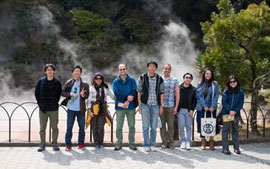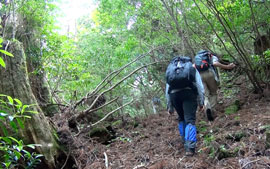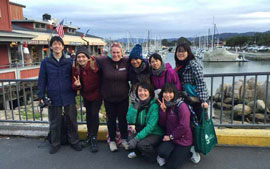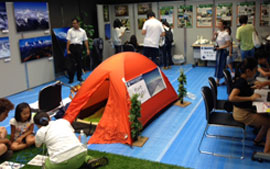


Japanese primatology has played a leading role in this unique academic endeavor. During recent years, the field of “Wildlife Science", which targets endangered species research, has begun to emerge. With fieldwork as its foundation, the fundamental aims of this field are a comprehensive understanding of the human mind, body, life and genome, as well as hands-on activities that target the well-being of the world.
While on the frontlines of academic research, wildlife science in Japan lacks three important careers that already exist in the West: (1) Conservation specialists with international organization, such as the United Nations and other NGOs; (2) Curators of museums, zoos, aquariums, and similar institutions, particularly those that can develop and/or expand museums or zoos as a “field museums" in a specific habitat; and (3) Dedicated individuals that invest great lengths of time in outreach activities in specific countries and societies, the so-called “boots-on-the-ground" approach.
While providing a foundation for new research, education and hands-on experience, this program aims to nurture global leaders whose accomplishments grow hand-in-hand with the larger academic field.




Momoka Suzuki won the 銀楓賞 for outstanding poster presentation at 京都大学理学共創イノベーションコンソーシアム・第2回研究交流会.